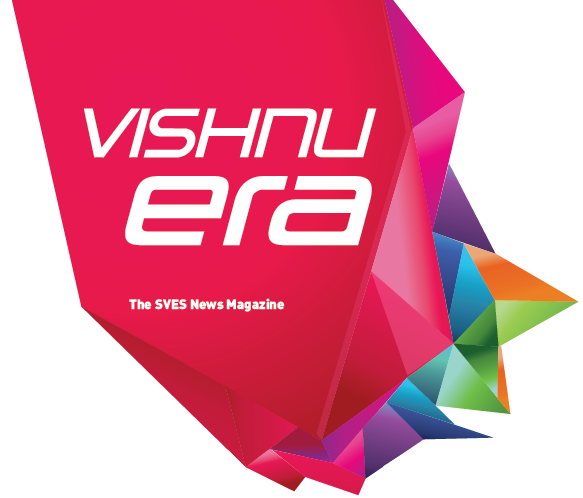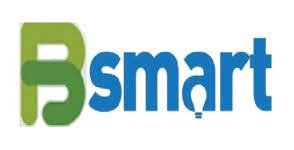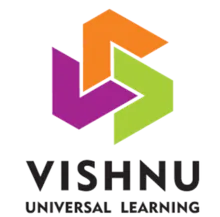We encourage the external educational sources targeting a specific domain of study to enhance the performance of student in that field.
BVRIT HYDERABAD College of Engineering for Women has been collaborating with Talentsprint for an exclusive programme “Women in Software Engineering” (WISE), which runs in parallel with the regular academic programme. The primary aim of WISE is to prepare women engineering students to get industry ready by developing them into highly competitive professionals for the Global Tech Industry by making them proficient in latest technologies through the implementation of parallel curriculum.
Program objectives
The WISE program is guided by the following underlying principles:
- Enable students to develop mid-size software systems by experiential learning
- Develop an impressive resume for large multinational Software Organizations by incorporating relevant information
- Focus on building industry necessary skills to make them confident and competent professionals
Program modules
WISE will have a set of Lecture and Project modules spread across the academic cycle over the years in order to encourage the students to choose projects to align with the focus of their chosen branch of engineering – CSE|IT & ECE|EEE|AI/ML.
Lecture modules
There will be six lecture modules:
- Python 101
- Python 102
- ML 201
- ML 202
- Angular
- React, NODE, MangoDB
These lecture modules will be for total duration of 36 hours each and will be
delivered during a semester with one session being delivered every week
This is a Basic Python module provided for 15 hrs, it is a Precursor to Programming.
- Platform: Linux, GCC
- Objectives: at the end of the module the participants will be able to
- write, test and debug the python programs
- use functions, and represent data using python data structures
- read and write data from and into files using python
- understand OOPs concepts
- Pedagogy: Students will solve a series of graduated problems
- Assessment: every session will have CFP (Check for preparation) and CFU(check for understanding)
- Resource(s): TS Problem Bank, Project Euler
- Platform: Python, NumPy, SciPy packages, Anaconda,Colab
- Objectives: at the end of the module the participants will be able to
- see how the different fields of study in maths are interrelated
- understand the basic concepts in machine learning
- understand the type of problems that machine learning algorithms can solve
- Pedagogy: Students will solve a series of Data Engineering problems
- Assessment: weekly assignments along with CFP and CFU.
- Resource(s): UCI ,Kaggle datasets.
- Platform: Python, Anaconda,Colab
- Objectives: At the end of the module the participants will be able to
- understand machine learning concepts and range of problems that can be handled by machine learning
- apply ML and AI techniques in applications which involve perception, reasoning and learning
- Pedagogy: Students will solve a series of Data Engineering problems
- Assessment: weekly assignments along with CFP and CFU.
Resource(s): UCI ,Kaggle datasets.
Platform: AngularJS
- Objectives: at the end of the module the participants will be able to Build the web application with AngularJS
- Use Stateless JWT authentication practices
- Create an extensive backend API with Express
- Integrate React with an Express backend in an elegant way
Pedagogy: Students will create full stack applications.
Assessment: weekly assignments along with CFP and CFU.
Platform: React, NODEJS, MangoDB.
- Objectives: at the end of the module the participants will be able to Build and deploy a social network with Node.js, Express, React & MongoDB.
- Use Stateless JWT authentication practices
- Create an extensive backend API with Express
- Integrate React with an Express backend in an elegant way
Pedagogy: Students will create full stack applications.
Assessment: weekly assignments along with CFP and CFU.
Full stack projects are developed for Application Website. (summer break between 3rd year break)
In addition to this, there will also be two project modules embedded as part of the programme spanning 60 hours each. The students will complete these projects during the academic breaks before second and third year of engineering.
The project module will cover:
- Python Project 103: Modern Programming Practice using Python . (summer break between 1st and 2nd year)
- ML projects 203: Machine learning projects are developed by applying suitable algorithms along with flask. (summer break between 2nd and 3rd year)





